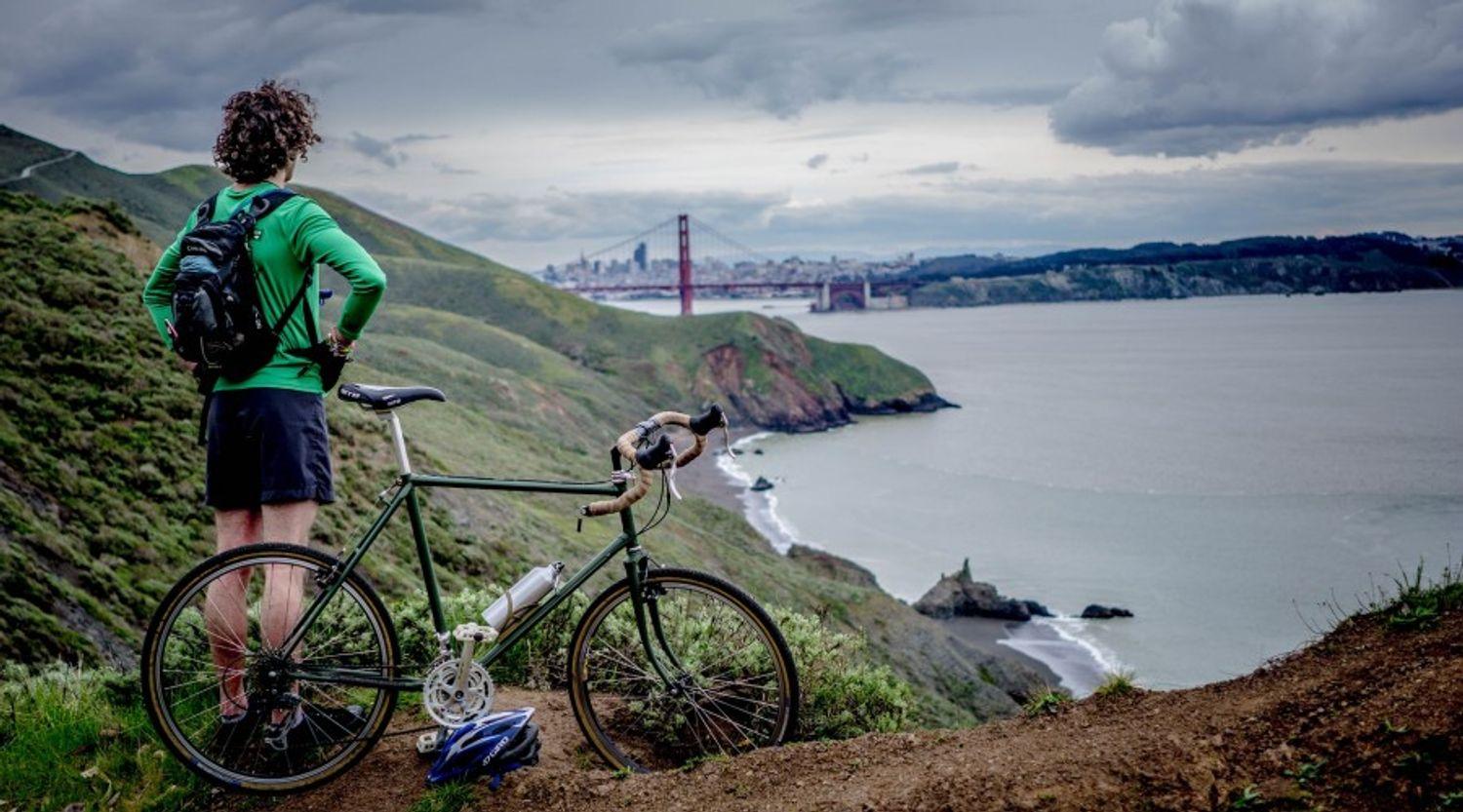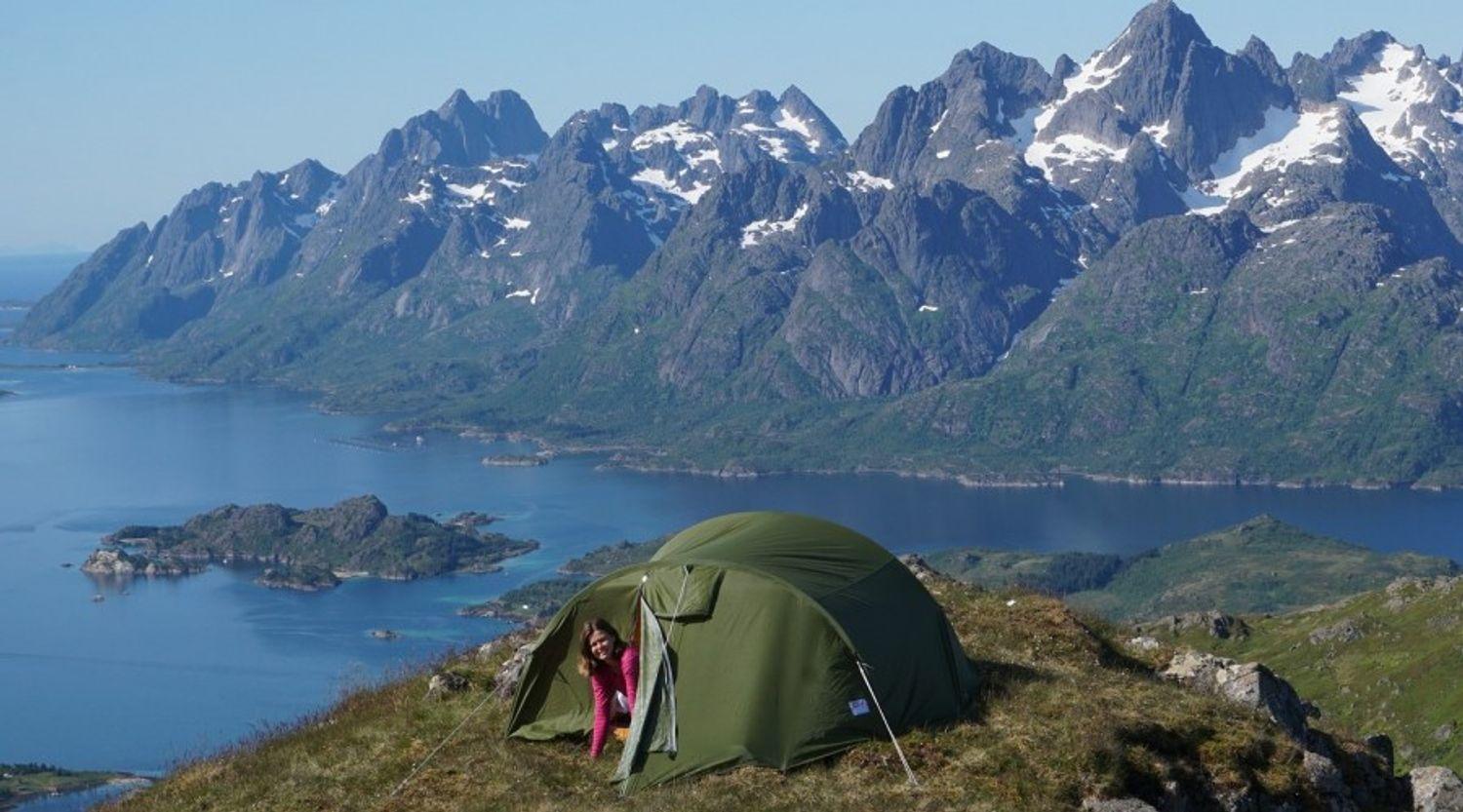If you're looking for guidance on how to travel on a budget, the greatest travel tips on a budget, or how to save money while travelling, you've come to the right spot. Traveling is a wonderful adventure, and the ability to do it on a limited budget makes it more available to individuals.
Additionally, you'll have additional money if you save money on one adventure to use on another. Budget travel does not have to be any less pleasurable. There are a lot of affordable travel places available worldwide.
There are various ways to save money while travelling, from carefully planning your travel budget prior to departure, taking into account camping and car-sharing, to the choices you make (such as what to eat) while on your trip.
There is also expert advice for travelling on a tight budget even if you are going to an expensive destination. There are many methods to travel across Europe on a tight budget, including free activities in London, cheap things to do in Copenhagen, and economical things to do in Vienna.
There are also suggestions about how to travel on a budget in Australia and New Zealand! If you know how to manage your money, travelling to far-off lands doesn't have to be expensive, and you don't even need to win the lottery. You may plan a vacation on a tight budget by using the tried-and-true advice we've compiled.
Top Tips to Travel on a Budget
Come up with a plan
If you have the luxury of time and money to spare, travelling spontaneously is fantastic. However, you should start by creating a strategy if you wish to travel on a low budget.
Even if you don't need to plan a specific, hour-by-hour schedule, you should know the course of your epic excursion. At the very least, you should be conscious of how much time you will be spending in each nation or region. Less reliance on chance means less unanticipated costs; last-minute travel and hotel can be significantly more expensive.
Travel out of season
As prices will increase and businesses will try to take advantage of families who can only travel during these weeks, avoid travelling during the summer or winter break. Find out the best times to travel to the destination, and then leave just before or after these dates.
Even if the sun might not be shining as brightly during this time, your trip will still be fantastic and it won't be nearly as hot. The "shoulder season" is this time frame. Hotels and airlines lower their prices to attract customers at this time.
Be accommodation-savvy
Hostel dorm rooms are preferable to pricey hotel suites. Costs are automatically distributed when people share an area, and bunk beds provide you the opportunity to meet people who might be keen to go exploring with you.
Excellent alternatives include websites like AirBnB and Couchsurfing, where you can just book a spare room in a local person's house or apartment. You will get a true taste of city life and the expense will be lowered in half. Consider your host to be your very own, personal tour guide who is familiar with the region's top eateries and tourism hotspots.
Better yet, think about staying with friends or family. Reach out to acquaintances or plan a trip to a place where a long-lost cousin or classmate currently resides; doing so may take you to locations you never would have thought of.
Pack properly
In order to avoid having to go shopping while you're away, make sure you carry everything you need (apart from a few souvenirs). No matter where you're going, always pack at least one pair of long jeans, a warm sweater, and a waterproof jacket.
Book flights in advance
When travelling overseas, it is never a good idea to run out of money without a safe method to return home. Therefore, book your flights in advance, especially return flights. Airlines "release" their available seats up to a year in advance, and as departure day draws near, prices increase, especially in the final month.
Be smart about how you fly
Decide to go during the week, preferably on a Tuesday. Midweek travel is more affordable and has shorter waits at security and check-in desks because weekend flights are more expensive due to the premium linked to them. Despite how comfortable Business Class seems, you can still fly in economy; there is no need to upgrade.
If you buy cheap tickets, you can use the money you save to pay for food or housing when you arrive. Low-cost, budget airlines are appropriate for them and frequently provide affordable flights. If you're travelling for the weekend, try to pack minimally and only bring hand bags to save money on hold luggage.
Embrace public transport
Cheap than flying are buses and railways. You also avoid the expense of one fewer night in a hostel by taking an overnight train.
Don’t eat away your cash
You can get affordable lunches from a supermarket or even your local fresh food market in place of dining at an expensive cafe or restaurant. Before choosing a restaurant for supper, try to do some research.
If you choose the first place you see, you won't know if you're overspending. Drinking a beverage with every meal adds up quickly; if you periodically choose for water, your pocketbook and body will thank you. Alternatively, hostels and vacant rooms frequently let you use a kitchen if you want to save money by cooking for yourself.
Earn while you travel
Working holidays are an excellent way to afford to spend several months of the year travelling. You can teach skiing in the winter, look after tourists travelling to the in the summer, or make money by teaching a language.
If you have the ability to work "on the go," you can even do freelance work while travelling. There are practically countless opportunities.
Choose your destination carefully
Naturally, certain locations have prices that are more or lower than your home. Locate places that are suited for low-cost travel. It might be a place that's cheap and convenient to get to, where the value of the currency is higher due to the exchange rate, or where the cost of living is lower than at home!
Avoid tourist traps
The cost of visiting large towns and well-known tourist attractions is frequently far more than going off the beaten track! Try to choose less well-known areas if you can. Even if you are already there, avoid eating at restaurants on the main drag and instead try someplace down a sidewalk. The food will probably be better and more reasonably priced!
Get travel insurance
Possibly the most crucial advice for cheap travel! Sure, it will initially cost more, but if your vacation is cancelled or, God forbid, you become ill while travelling, you'll be glad you took the time to arrange it.
Travel overnight
Traveling overnight is one option to cut costs if you have a great distance to cover as part of your trip. No matter what time of day you go, you have to pay for transportation, but if you travel overnight, you won't have to pay for lodging that night. Bonus: you have more time to explore because you don't "spend time" travelling during the day.
Read others’ backpacking experiences
When making plans, always check out backpacking guides first. By doing this, you'll be able to see right away what a cheap vacation in your chosen location entails and you should be able to get a sense of prices, lodging, and activities.
Search for free things to do
Always explore for free activities wherever you go when travelling on a tight budget. There may be local events taking place or particular institutions that are free on certain days. Don't overlook the traditional "free walking tour," which is a fantastic way to see the city you are visiting. Just keep in mind that leaving a gratuity at the conclusion is traditional.
Get a local SIM
It can be expensive to pay for WiFi or data roaming while travelling. Purchasing a local SIM card with locally priced data packages is one option to cut costs when travelling. The information will be necessary for communication with home and for finding your way about.
DIY excursions
By forgoing a scheduled tour and figuring things out on your own, you may frequently save a lot of money! Take a picnic, arrive by public transportation, and purchase your own admission ticket (if needed).
Be aware of ATM charges
Money conversion and withdrawal fees at ATMs can be very high. But more often than not, taking cash on a trip will be less expensive than getting it changed before you go. Take as much cash as you can stand to lose all at once to avoid costs.
The less frequently you pay the fee the more you withdraw, but there is also more to lose or have stolen! If you have a lot of cash, distribute it among your pockets and luggage and leave some of it in a secured, secure area of your lodging.
Try and haggle
Prices are frequently hiked for tourists, so try bargaining and see if you can get a break! This is more possible if you are travelling with others or have made friends along the road, and you all sign up for the same excursion, for example.
Get recommendations from the locals
There is little doubt that the locals don't want to pay tourist fees for activities, food, and drinks. Ask a local (perhaps someone working at the hostel reception) about their favourite hangouts. We can assure you won't be let down!
Bring your own water bottle
Travel with reusables at all times! If you bring your own water bottle, you can get free refills at fountains, restaurants, or mountain springs.
Walk everywhere
The cheapest mode of transportation and unquestionably the greatest method to explore a new region is by walking. If you need to travel a little further, renting a bike is frequently affordable. While travelling, cycling and walking are also excellent ways to stay in shape. Buses are usually the least expensive option if you must utilise public transportation.
If you're travelling on a tight budget, stay away from taxis and Ubers like the plague because they are by far the most expensive mode of transportation. There is almost always a far less expensive bus or train alternative with some forward planning.
Decide on your budget
Few places are inaccessible to travellers on a shoestring budget. You merely need to manage your expectations of, for instance, how frequently you can eat out at restaurants or how frequently you can engage in pricey activities there.
Every location offers free activities. Once you've decided how much you can spend, try not to go over that amount because doing so will only make you feel more stressed during the vacation or once you get home.
Learn the language
If at all possible, try to speak the language there! There are local and tourist rates in the shops in some places, including Delhi. When you enter a store, they may occasionally only ask you to pay the local rate if you speak the language.
Search for discounts
When you have a plan in place, you can use it to find bargains that can lower your expenses. Certain airlines offer reduced prices on their flights when you book at least six months in advance of your preferred vacation dates. Bargains enable you to spend less money than you had anticipated, and planning ahead will enable you to locate the best discounts.




